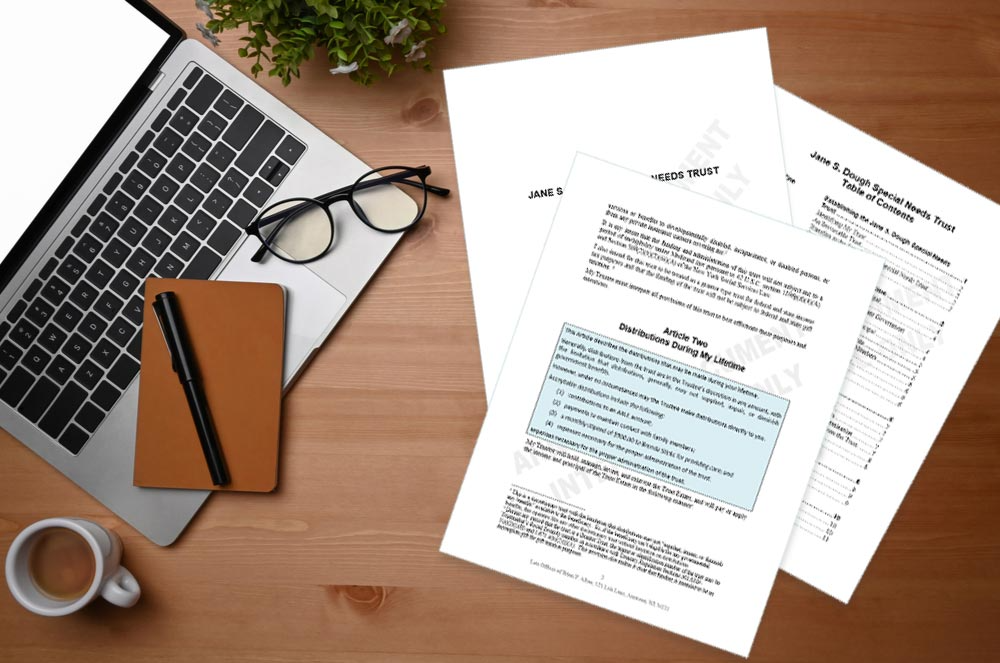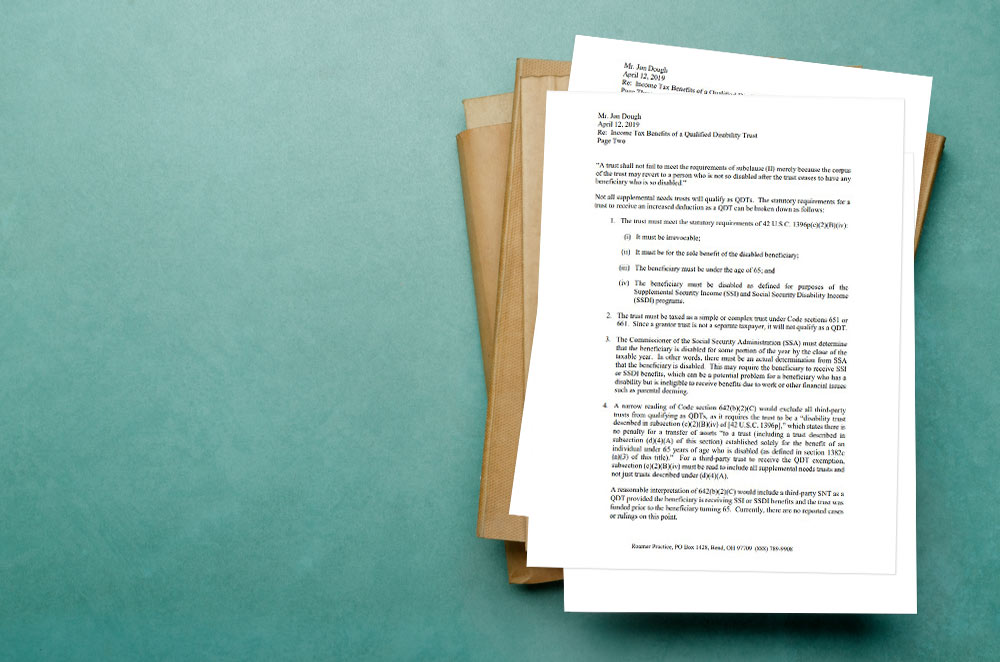
If you practice in estate planning or elder law, you likely have heard of special needs planning. You know you should plan for a beneficiary who has special needs by creating a special needs trust (SNT) to hold their inheritance. But what about including contingent SNT provisions in the client’s revocable living trust? Let’s talk about what exactly this type of planning is and why it is important.



